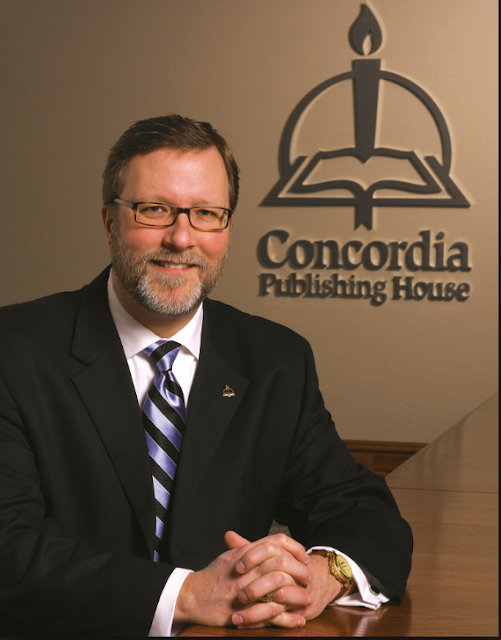 |
| "This evil weed must be destroyed... Dandelions are herbs? I still hate them." |
I read the hilarious Cascione review of Scaer's article about Bishop Martin Stephan, eight years after the fact - fast response, Jack. Cascione's and Scaer's claims sounded so much like the gardening myths I have often heard repeated.
This link has some good resources on Bishop Martin Stephan and the Perryville disaster.
This is Scaer's original article about Stephan.
Gardening myths are repeated back and forth, even though they have little or no factual basis.
- Birds will starve if we stop feeding them.
- Egg shells will improve the soil, by adding calcium.
- Roses are difficult to grow and need constant attention, with lots of fungicides and pesticides.
- Organic matter should be rototilled into the soil - the more tilling, the better.
- Epsom salt is perfect for improving the soil - at least, according to the Epsom Salt Council and Martha Stewart.
Some basic facts about Stephan, Walther, and the Saxons:
- Martin Stephan was the second abusive guru of Pietism that the Walther circle followed. Their education was rationalistic, but their voluntary associations were purely Pietistic, including cell groups. Guru is a Hindu term for someone with total control over one's life, and that title fit both of their Pietistic leaders.
- Stephan was called to Dresden to be a Pietistic pastor for a Pietistic congregation, and he never finished his university education, which included time at Halle University.
- Stephan cultivated an external organization of followers and clergy, which his own congregation resented. He had the Walther circle collect money for his needs.
- Stephan did not leave with his group until the government took him to court for his promiscuity with young women and his financial dealings. He was long suspected of crimes in both areas, and his main mistress testified about him.
- Walther and the others had no qualms about kidnapping children for their exodus to America, and they bragged about minors joining their throng. They urged divorce for those whose spouses did not want to join.
- Stephan taught that he himself was the Means of Grace, and that the Gospel left Europe when they sailed away.
- The St. Louis residents were suspicious of Stephan because of his female companions and lack of a wife. That is the reason he dictated the purchase of land around distant Perryville - far too much money for land they could not use very well. How ironic - they were snookered by the polygamous Mormons who sold it to them.
- Yes, CFW Walther signed the document making Stephan their bishop-for-life.
- Walther organized the mob that threatened, robbed, and kidnapped Stephan. CFW also stole the bishop's land (given by the followers) and talked the bishop's healthy son into giving up the land that his father owned.
- Walther's committed many felonies, which are all excused or simply forgotten in telling his glorious, mythical story. Walther blamed the bishop's wife (!) for Martin Stephan's pursuit of young women - confidentially of course and repeated in Servant of the Word.
 |
| As one of these pastors claimed, "Just because we are with McCain, laughing with him, and taking photos - that does not mean we are friends." |
Walther was the ultimate opportunist - not in the least bit sincere. How did he pass the pastoral exams in Europe when his friends were turned down for the crime of being Pietists? No one seems to ask that.
Walther imposed Stephan's discipline on his fellow clergy, but the leader suspected Walther was "a fox." One minute Walther pledged lifelong support to the newly promoted bishop. A short time later, he was leading the mob against Bishop Stephan.
The lies told then and now do much to explain how eagerly the LCMS embraces opportunistic synodical leaders today. Money lights up their eyes and the only false doctrine in their minds is Justification by Faith.
The deification of Walther was completed at his 200th birthday, which was more solemnly recognized than the Reformation's 500th will be.




